The Nissan Ariya will soon arrive at the company’s U.S. dealerships, but it won’t be the only EV featured at them.
The other, of course, is the Nissan Leaf. The Ariya crossover isn’t replacing Leaf: Nissan lowered the Leaf’s price a couple years ago, seemingly to make room for the Ariya.
The 2023 Nissan Leaf sees some feature changes, within a slimmed-down lineup, and some details reveal slight gains in efficiency for the long-running electric hatchback.
2023 Nissan Leaf
From a configuration standpoint, the battery pack shifts from 62 kwh to 60 kwh. It’s the most significant update to the Leaf since the 2019 model’s Plus edition gained its 62-kwh battery pack. That pushed the Leaf, for the first time, past the 200-mile barrier that some might say distinguishes a long-range EV.
By the EPA ratings, range with the newly downsized pack dips slightly, but efficiency rises slightly. The 2022 Nissan Leaf earned 104 MPGe combined in SV or SL form with the 62-kwh battery pack, amounting to a 215-mile range, or 108 MPGe in base S Plus form (no longer offered), bringing a 226-mile range. The 2023 Leaf SV earns a 109 MPGe combined rating and a 212-mile range, although it’s the EPA’s city-cycle numbers that factor into that most significantly.
The battery pack change isn’t just capacity (gross, not usable, in the Leaf’s case). Nissan told Green Car Reports that there are actual battery-chemistry changes at play, as well as what Nissan describes as “minor aerodynamic enhancements for this model year.”
2023 Nissan Leaf
The changes “allowed us to maintain the great value of Leaf with minimal–if any–impact on range,” according to Nissan communications manager Dan Passe. The Leaf, which is U.S.-built, starts at $36,895 in its 60-kwh version, or just $28,895 in base 40-kwh form, and until the end of the year it’s still eligible for the full $7,500 EV tax credit.
The Leaf remains noteworthy as the only air-cooled EV for the U.S. market, and Nissan has made a series of running changes to the chemistry that, after more than a decade on the market, make the Leaf’s pack less prone to heat and range degradation than earlier versions. As cell chemistry and battery management systems have evolved, air-cooling is once again being considered by automakers–Mercedes-Benz, for example–as a weight-saving possibility for future EVs.
Nissan Leaf and Fermata Energy FE-15 bidirectional charger
Nissan hasn’t swapped the Leaf’s CHAdeMO fast-charging port for a CCS one, but earlier this year it approved the first warranty-supported bidirectional charger for the Leaf, allowing it to supply power back to the grid in some configurations.
While an eventual future replacement might see a deeper level of change, for now these incremental range boosts and efficiency improvements show that Nissan hasn’t forgotten about its most affordable EV.
